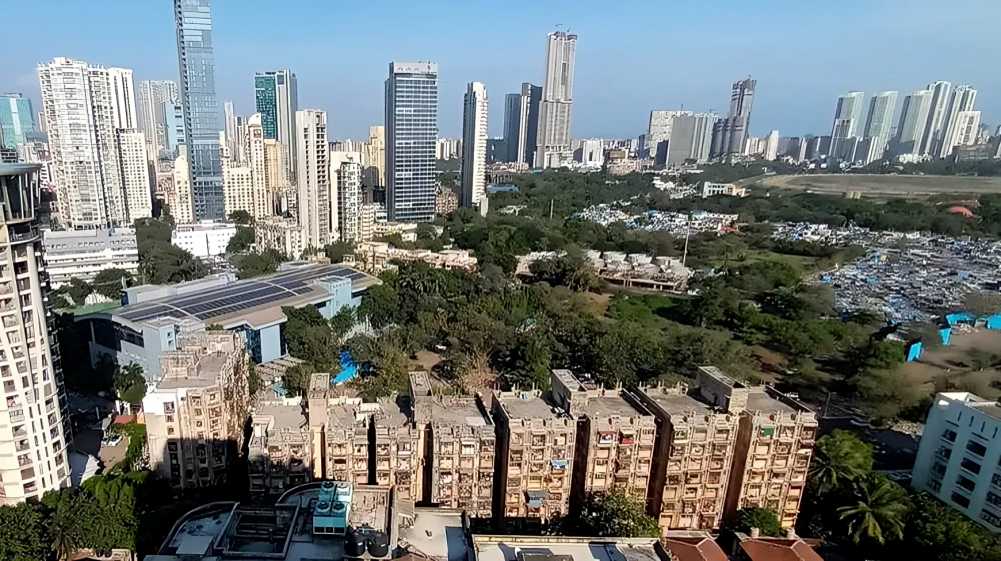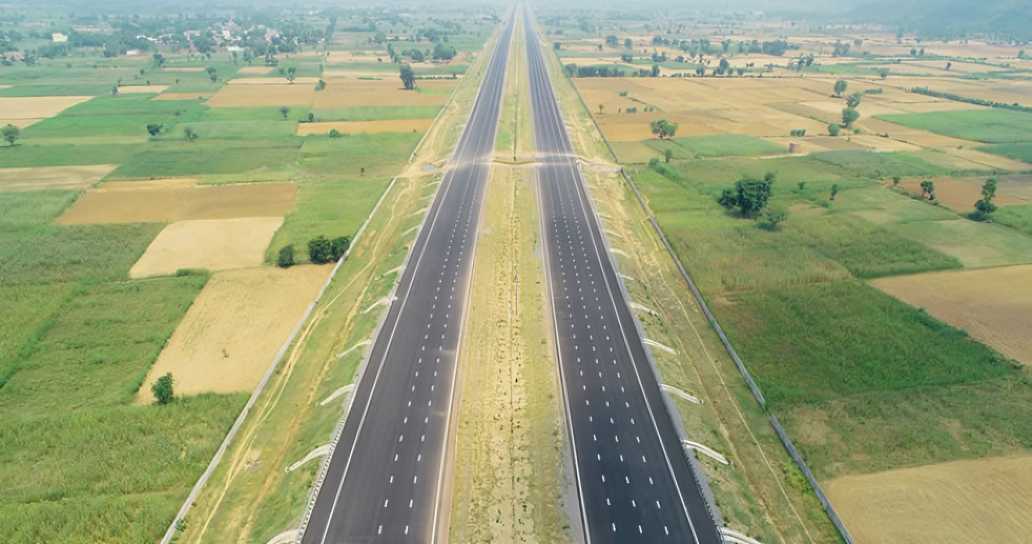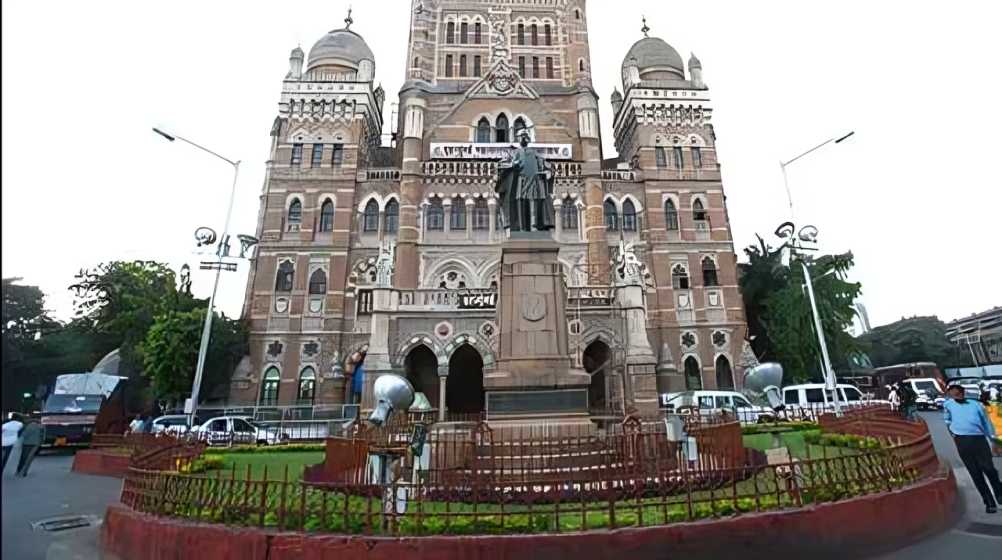November 19, 2025: Mumbai’s long-term water security agenda has received a major boost with the Brihanmumbai Municipal Corporation (BMC) approving a 910 million litres per day (MLD) advanced treatment unit at the Pise–Panjrapur complex. Set to operate alongside the existing 455 MLD system, the new addition will increase the plant’s total capacity to 1,820 MLD, significantly enhancing supply to the eastern and western suburbs. The expansion is part of the city’s broader strategy to upgrade ageing infrastructure and improve service reliability as demand continues to rise.
At present, Mumbai treats nearly 4,100 MLD of water daily through two primary hubs — the Bhandup plant and the Pise–Panjrapur complex. Officials note that parts of this setup are nearing the end of their design life, especially the older unit commissioned over 40 years ago. Structural wear and declining efficiency have accelerated plans for its replacement. Spanning 7.6 hectares, the new treatment unit is designed to address these shortcomings while preparing the system for future consumption patterns.
Project officials say the upgraded facility will use high-rate filtration, advanced coagulation methods, and a closed-loop backwash-water recycling system. These features will allow the plant to produce higher volumes of clean water with reduced environmental impact — a crucial advantage in a city where land, ecological buffers, and resources are consistently strained. The recycling-driven approach also supports Mumbai’s shift toward sustainable water management practices.
The project, to be executed by Welspun Enterprises Limited at a cost of ₹3,145 crore, includes four years of construction and a 15-year maintenance commitment. Civic engineers highlight that this performance-based contract is aimed at ensuring stable operations, lowering lifecycle expenses, and maintaining national water quality standards.
Urban planners view the upgrade as timely, given rapid urbanisation and climate-driven fluctuations in rainfall. Expanding treatment capacity with cleaner, more efficient systems will help relieve pressure on older assets, improve flexibility during shutdowns, and strengthen the city’s ability to serve both existing neighbourhoods and new developments. Authorities stress that sustained investment in water infrastructure is essential for protecting public health, supporting economic growth, and building climate-resilient urban systems.
Source: Urban Acres





